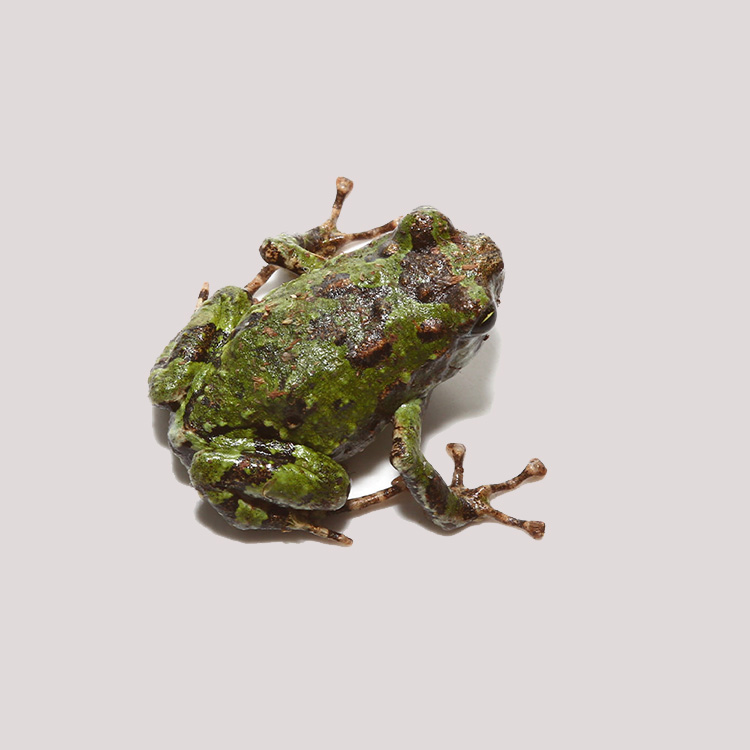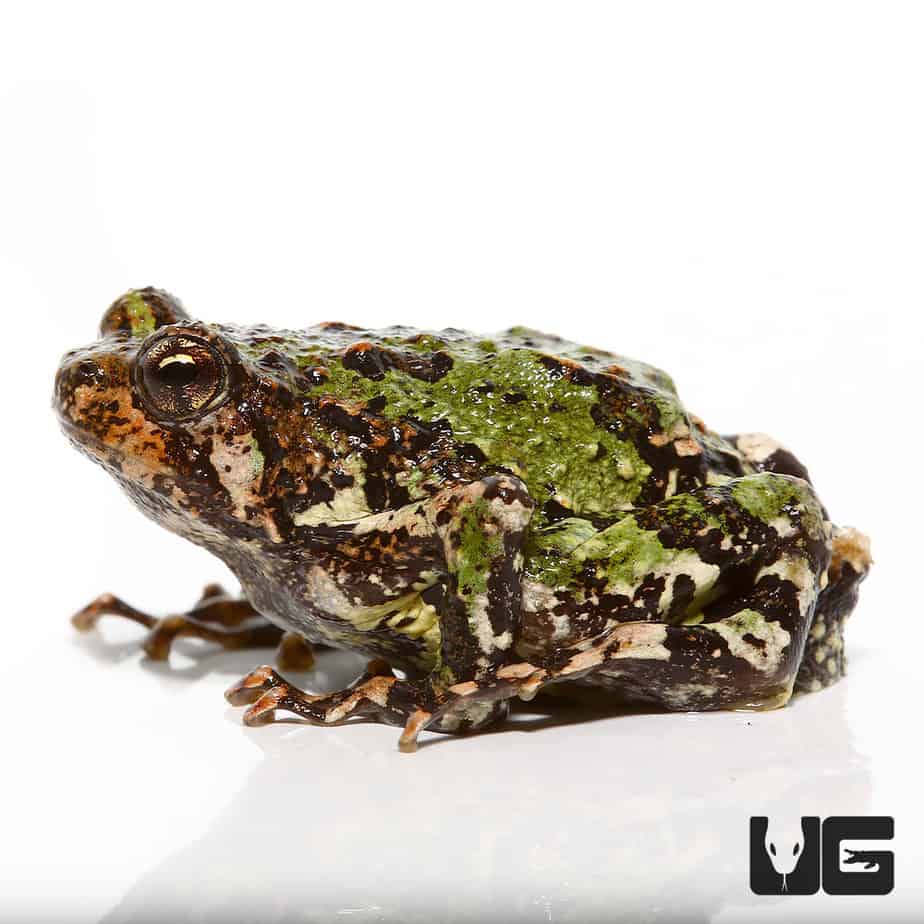Rain Frog for Sale: Explore Uncommon Amphibian Family Pets at Unbeatable Costs!
Rain Frog for Sale: Explore Uncommon Amphibian Family Pets at Unbeatable Costs!
Blog Article
Common Wellness Issues in Reptiles: Signs And Symptoms and Solutions
In the intricate world of reptile care, understanding the common health issues that may affect these unique creatures is paramount in ensuring their health. From respiratory system infections that can calmly hold to metabolic bone illness that can disable, reptiles are prone to a variety of conditions that need keen monitoring and prompt intervention. Whether it's grappling with parasitic problems, browsing dehydration worries, or attending to skin ailments that manifest in refined methods, being attuned to the signs and symptoms and outfitted with the understanding of efficient solutions is important for any reptile owner. By diving even more right into the nuances of these health problems and checking out the useful treatments available, one can guard the health and vigor of these fascinating animals.
Respiratory System Infections
Breathing infections in reptiles can substantially influence their total wellness and need prompt attention from skilled veterinarians. These infections are frequently triggered by fungis, viruses, or microorganisms and can show up through symptoms such as wheezing, nasal discharge, open-mouth breathing, and lethargy. In reptiles, respiratory infections can be specifically challenging to diagnose and treat due to their unique composition and physiology. Veterinarians typically rely upon a combination of physical assessments, analysis imaging, and research laboratory tests to properly recognize the underlying reason of the infection.
Therapy for breathing infections in reptiles normally involves a mix of supportive treatment, such as preserving correct moisture levels and temperature slopes in the unit, in addition to targeted drug to address the specific microorganism responsible for the infection. It is vital for reptile owners to monitor their family pets very closely for any kind of signs of breathing distress and look for vet care at the earliest sign of a concern. With timely intervention and appropriate treatment, several reptiles can recover totally from breathing infections and return to normal activities.

Metabolic Bone Illness
What elements add to the growth of Metabolic Bone Illness in reptiles?
Metabolic Bone Condition (MBD) in reptiles is primarily caused by a lack of correct calcium, phosphorus, and vitamin D3 levels in their diet plan. When reptiles do not get adequate calcium, either through their food or proper UVB direct exposure for vitamin D3 synthesis, they go to a high danger of developing MBD. Reptiles with diet plans low in calcium or imbalanced calcium to phosphorus ratios are particularly at risk. Furthermore, poor exposure to UVB light avoids reptiles from synthesizing vitamin D3, which is vital for calcium absorption and bone wellness.
Not enough humidity degrees can likewise impact a reptile's capacity to metabolize calcium successfully. Regular vet check-ups, correct husbandry practices, and a well balanced diet are essential to protect against Metabolic Bone Illness in reptiles.
Parasitical Infestations
Parasitical invasions pose a substantial health threat to reptiles, affecting their total well-being and calling for prompt vet focus. Reptiles can be impacted by numerous parasites, consisting of termites, ticks, internal worms, and protozoa. These parasites can create a range of signs and symptoms, such as weight management, lethargy, skin inflammation, looseness of the bowels, and even death if left unattended.
One common bloodsucker located in reptiles is the mite, which can cause skin anemia, irritation, and anxiety. Ticks are an additional exterior parasite that can transmit illness and trigger discomfort to the reptile. Interior parasites like worms and protozoa can cause digestive system concerns, malnutrition, and compromise the reptile's immune system.
To identify a parasitic invasion, a vet may perform fecal examinations, skin scrapings, or blood examinations. Therapy often involves deworming medications, antiparasitic baths, or in severe cases, hospitalization. Preventative steps such as regular vet exams, correct health, and quarantine treatments for new reptiles can assist reduce the risk of parasitic infestations and click over here ensure the well-being of reptile pets.
Dehydration and Hydration Issues
Dehydration in reptiles can considerably impact their health and well-being, demanding prompt intervention and suitable hydration management. Reptiles are vulnerable to dehydration as a result of different elements such as inadequate water consumption, high ecological temperatures, and certain wellness problems. Symptoms of dehydration in reptiles consist of sunken eyes, sleepiness, loss of skin elasticity, and lowered peeing. If left without treatment, dehydration can result in major wellness problems and even be deadly to the reptile.
To avoid dehydration, reptile proprietors should make certain that their animals have accessibility to clean water in all times. The water dish need to be large sufficient for the reptile to soak in if needed, specifically for species that soak up water through their skin. Furthermore, keeping proper moisture degrees in the reptile's enclosure and giving regular baths can aid prevent dehydration.
In situations of dehydration, it is crucial to seek vet treatment quickly. A vet might administer fluids either orally or via shots to rehydrate the reptile. It is important to resolve the underlying cause of dehydration to avoid reappearance and make certain the reptile's overall wellness.
Skin Disorders

Verdict

Respiratory system infections in reptiles can substantially impact their total wellness and need prompt interest from experienced vets (rain frog for sale). Preventative steps such as normal veterinary exams, appropriate health, and quarantine procedures for brand-new reptiles can help decrease the risk of parasitical infestations and make certain the wellness try this website of reptile pet dogs
If left neglected, dehydration can lead to significant health and wellness problems and also be deadly to the reptile.
On a regular basis examining your reptile for any kind of changes in skin appearance, color, or look can aid in very early discovery and treatment of skin conditions, advertising the overall health and wellness and health of your flaky companion. - rain frog for sale
In final thought, reptiles are vulnerable to various health and wellness problems such as respiratory system infections, metabolic bone disease, parasitic invasions, dehydration, and skin disorders.
Report this page